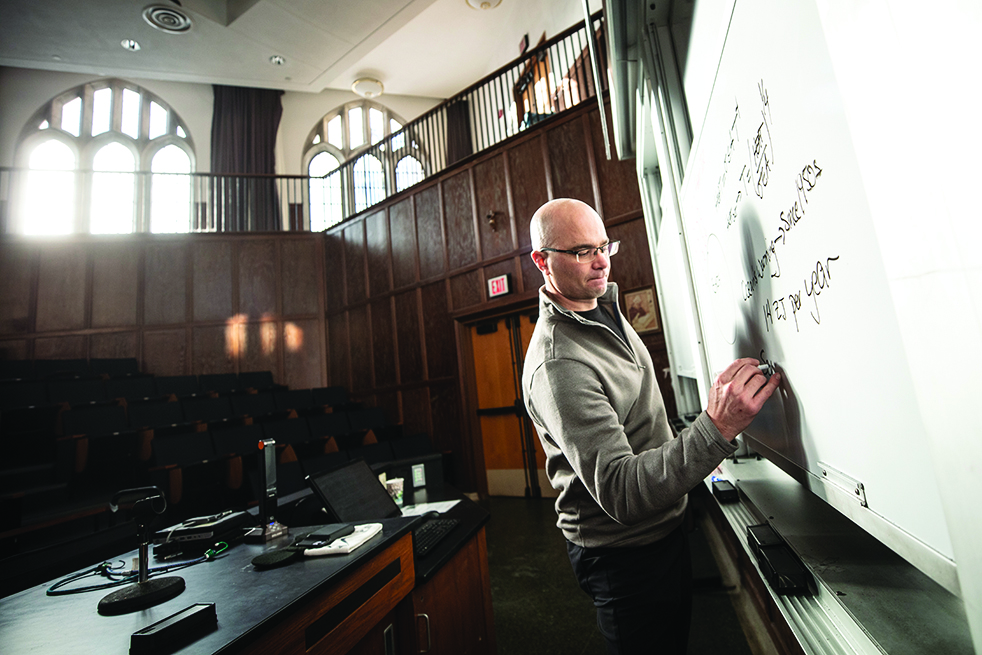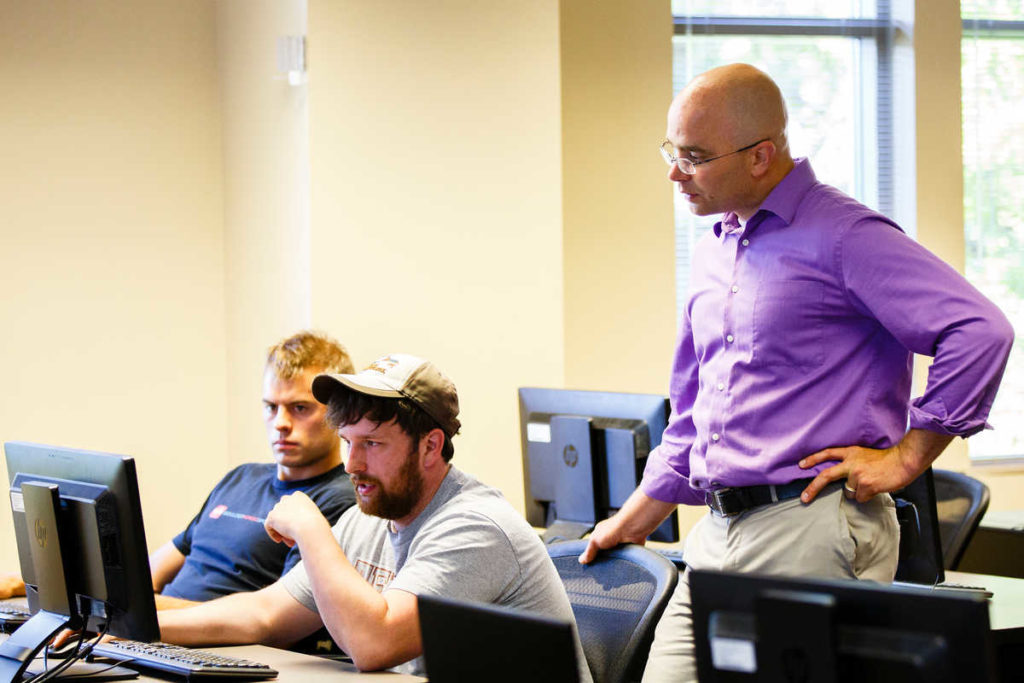Social Entrepreneurship: An exciting trend driven by people who are using their business, engineering, social work, technological and other skills to design large-scale innovative and sustainable solutions to seemingly intractable problems
Around the world, 500,000 women die each year of child birth or pregnancy- related causes. Forty percent of these deaths are related directly or indirectly to anemia, an easily treatable condition often left undiagnosed because patients are afraid of having their blood drawn lest they contract a blood-borne disease. A traditional method of responding to this problem might be to create an awareness program about needle safety and the benefits of early diagnosis, or to provide transportation and free access to clinics, relying on funding from philanthropists and government contracts.
Two medical students, however, took a different social entrepreneurial approach. After observing this seemingly intractable problem while working in their residencies, they recognized the embedded cultural fears and barriers and envisioned a solution that was simple, practical and affordable. The students designed a noninvasive, point-of-care diagnostic tool to screen and monitor for anemia. It can be administered by almost anyone. It doesn’t require a skin prick, and it can be delivered at the doorstep. They built a pragmatic, innovative solution with an intended, large-scale social impact that addresses a critical issue affecting women’s health and infant mortality.
It is an example of social entrepreneurship, an exciting trend driven by people who are using their business, engineering, social work, technological and other skills to design large-scale innovative and sustainable solutions to seemingly intractable problems.
Sustainability is a defining characteristic of social entrepreneurship. Typically, a nonprofit organization’s funding is primarily dependent on external sources of philanthropic or government support and is, therefore, vulnerable. As new trends, needs, interests or political and economic environments change, shifts in dollars follow suit.
In contrast, social entrepreneurs design solutions to create longterm, large-scale changes and efforts with the intention of fueling an economic engine for sustainability. In some cases, solutions are designed to activate spin-offs for other entrepreneurial opportunities that can lead to an even greater impact.
In Afghanistan, for example, a young female social entrepreneur witnessed the marginalization of women and determined that, with economic independence, their ability to become self-reliant increased. Scanning the environment for opportunities, she landed on an idea to use the popularity of reality television to leverage her idea. After experimenting, she produced a reality TV show to demonstrate how to start a sustainable social business. Contestants pitched ideas ranging from a plastic recycling plant to a pickle- and jam-making business. The viewing audience voted, and the winners were awarded seed money. Winners could go on to create businesses, which was actually a secondary outcome of her overall vision. Thousands were being educated about innovation, business planning and tangible tools to use for new endeavors.
Universities across the country are responding to this exciting social entrepreneurship trend. The pace of curriculum change in business schools has been “lightning fast,” with a 470 percent increase in the number of courses offered in social entrepreneurship (Grey Pinstripes Study, Aspen Institute).
Ten of the top MBA programs offering social benefit content were surveyed by a national nonprofit research firm, and showed a 110 percent increase in social benefit courses from 2003 to 2009. A recent report from the Wall Street Journal found that The University of Oxford, Cornell University and Dartmouth College offer new courses in direct response to business students’ demands.
The Opus College of Business is no exception. In spring 2010, John McVea, associate professor of entrepreneurship, taught St. Thomas’ first undergraduate social entrepreneurship course. A UST MBA graduate course in social entrepreneurship is now planned for the nonprofit track next spring. McVea believes social entrepreneurship can appeal to almost anyone, from “liberal to libertarian.” Creating sustainable opportunities that economically enfranchise people and deliver a social benefit in some form is always a winning proposition.
Social entrepreneurs are exciting examples of the evolution of deep interest in social change in both the nonprofit and for-profit sectors. They identify a need, scan for opportunity and build solutions that incorporate the realities of the environments in which the need exists. They think large scale and design sustainable economic engines to fuel and drive the momentum.
It’s another way to create social change, and it’s a win for all of us.
About the author: Meryl A. Johnson-Tomaszewski is the director of the Center for Nonprofit Management
Read more from B. Magazine







